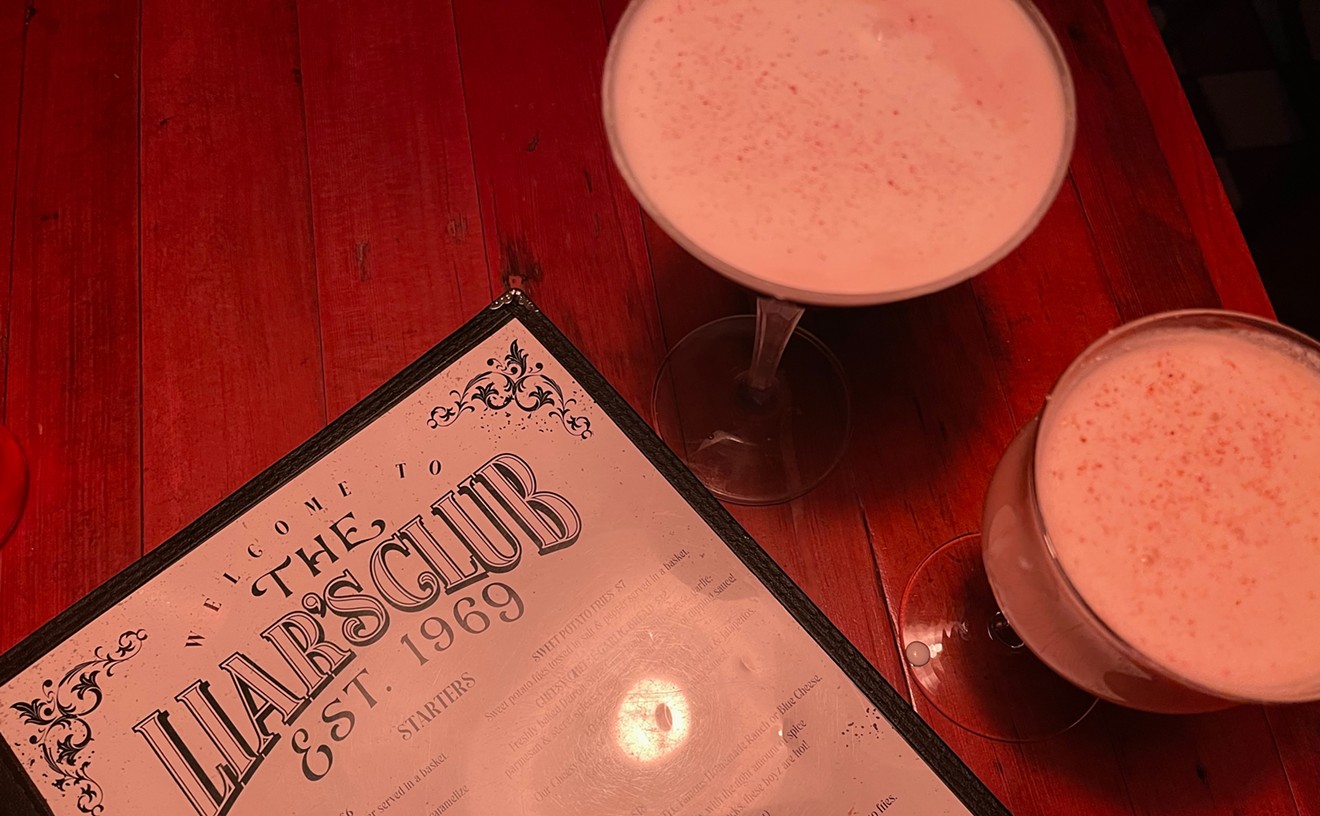The film's central character -- he can scarcely be called a hero -- is the world-weary Fernando (Germán Jaramillo), though this doesn't begin to express his demeanor. Every bit of his bearing suggests a man who's not only been around, but is so marked by his experiences that he can't bring himself to speak of them directly. Visiting an old friend at a party in which wealthy older men are offered young street hustlers like so many canapés on a plate, he makes it clear that, from his vantage point, his life is winding down. That's one reason that when he takes up with Alexis (Anderson Ballesteros), a lad young enough to be his grandson, it doesn't raise eyebrows as much as it might in a different setting. Taking the boy back to his large, conspicuously empty apartment, Fernando indulges the boy's interest in cheap pop music, until in frustration he tosses the stereo out the window. But he declines the lad's repeated request for a new mini-Uzi. It turns out that Alexis is no "innocent" led astray by a corrupt adult. He's a hired killer for the drug cartels -- executing select targets with an offhandedness with which most other people would kill a bug.
At first, Fernando seems only half-aware of his sinister protégé. Commenting on the passing parade of poverty as he and Alexis visit various churches, making rueful comments about politics as they watch in wonder at the fireworks displays that signal that a major shipment of narcotics has made it across the border into the United States, or complaining about cab drivers who insist on playing their radios at full blast, Fernando appears to be a man totally wrapped up in himself. But his outlook changes when Alexis shoots a neighbor whose drum-playing annoyed Fernando so much he wished him dead. Clearly Alexis not only has no use for metaphor; he has no means of conceiving of it, either.
But no sooner does Fernando notice this than the heat starts closing in on Alexis -- and the motorbike-riding gunmen who have been his most frequent targets fatally return fire. Too startled to grieve, Fernando wanders about the city in a daze, visiting Alexis' mother -- as if in search of a meaning to the boy's brief life. And then he takes up with yet another teenage hit man. But this time the relationship isn't quite as easygoing. The new lover has a connection to the old one that gives even the jaded Fernando pause -- even as we in the audience gasp at the poetic injustice of it all.
For most viewers, however, the pause was taken right from the start. By refusing to sensationalize his material, and treating it as coolly matter-of-fact as if he were relating the private lives of a middle-class couple from the suburbs, Schroeder has made a film about the Third World that challenges the complacency of the First World at every turn. The supple, high-definition video imagery Schroeder utilizes helps him realize his goal at every point. Each shot is precise, yet seems to linger for only a few seconds on the screen. But what impresses the most is the filmmaker's agility in rendering the horror inherent in his subject without prurience or casual disdain. A scene in which a teenage compatriot of Alexis passes out pastries to the poor, clearly aping a priest dispensing communion wafers, is done so simply it trumps anything Buñuel has offered up as visual "blasphemy." Likewise, when this same youth speaks joyfully of having impregnated his girlfriend so he will have someone to avenge his death, it has the impact of a blow across the viewer's face.
Born in Tehran, Schroeder spent his childhood in Medellín before his family moved to France. There he made a name for himself as a producer (most of Eric Rohmer's films) and as an occasional actor (he gives an exceptionally elegant performance as a ghost in Jacques Rivette's Celine and Julie Go Boating) before striking out on his own as a director of offbeat features like More (starring Mimsey Farmer as a beautiful heroin addict) and Maitresse (with Bulle Ogier as a dominatrix who brings Gérard Depardieu under her spell), and documentaries (Koko the Talking Gorilla, Idi Amin Dada). It's Idi Amin Dada that Our Lady of the Assassins has most in common with. In fact, one might call it a return to form after Schroeder's long sojourn in America, where he directed films both engagingly offbeat (Barfly, Reversal of Fortune) and relatively mainstream (Kiss of Death, Single White Female). For in this drug cartel Death in Venice (where Ashenbach gets lucky, and Tadzio packs heat), he has offered the finest rendition yet of the film he's always endeavored to make -- one that takes you somewhere you'd never dream of going, and cuts right into your heart.










